Environmental Defence Office backed-in Blayney mine opponents, documents show
The controversial Environmental Defenders Office helped organise survey reviews of the Blayney mine site intended to torpedo the development.
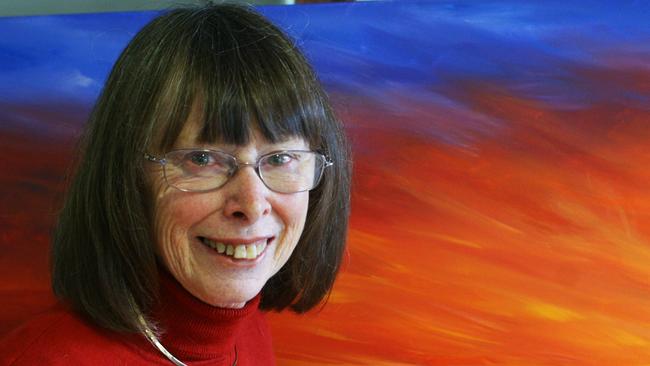
A controversial legal activist body, the Environmental Defenders Office, was enlisted by a convener of the fringe Indigenous group responsible for blocking the Blayney goldmine in NSW in a bid to discredit previous heritage studies that had found no issues with the $1bn project.
The EDO, a not-for profit legal advocacy group heavily funded by the federal government, was earlier this year found to have confected evidence as part of a failed case against the $5.8bn Santos Barossa gas project.
Documents acquired by The Weekend Australian through Freedom of Information laws reveal activist Nyree Reynolds enlisted two separate archaeologists to assess the work of prior surveyors commissioned by the state government and Regis Resources, the goldmine’s developer.
The dual reviews by Technical Heritage Studies’ Doug Williams and South East Archaeology’s Pete Kuskie were organised by EDO NSW.
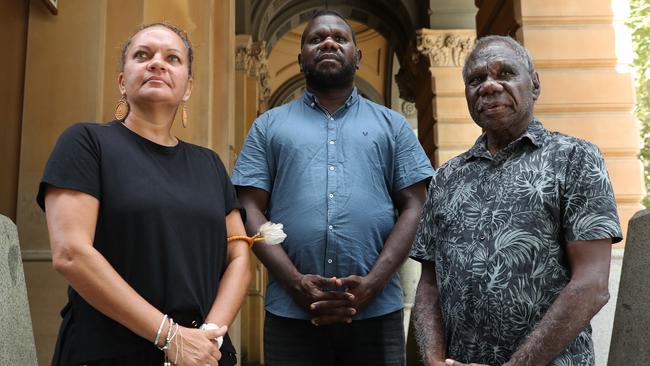
One survey was submitted to the Department of Climate Change, Environment Energy and Water by EDO on behalf of Ms Reynolds, who is a member of the Wiradyuri Traditional Owners Central West Aboriginal Corporation that opposes the mine. The other survey was submitted by local watchdog Belubula Headwaters Protection Group.
Both cast doubt on the efficacy of three surveys completed on behalf of Regis by Andrew Sneddon, Philip Clarke and Coral Hardwick. Those three surveys relied on a prior survey commissioned by the NSW government.
“The McPhillamys Gold Project is a proposed 15-year mining project that would leave a devastating 400-year legacy on the environment and precious local waterways,” an EDO post from before the Planning Commission hearing reads.
“The Belubula Headwaters Protection Group, a group of concerned farmers and community members, is standing up to oppose the mine. We’re representing our client … and bringing expert scientific evidence that supports our client’s case that the mine should be refused over its significant and unacceptable impact on water.”
The Planning Commission hearing at which the EDO reviews were tabled was overruled, but the reviews were carried over to Environment Minister Tanya Plibersek’s Section 10 decision.
The McPhillamys project was blocked on heritage grounds, not on environmental grounds.
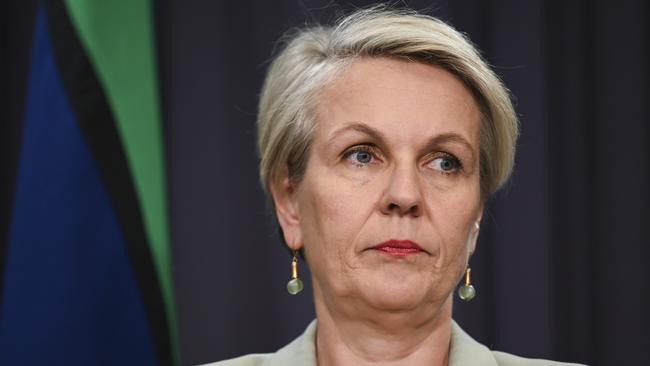
In February this year, Ms Plibersek commissioned a federal review into the EDO after it was found by a Federal Court judge to have coached witnesses and confected evidence in its bid to block Santos’s Barossa Gas Project in the Timor Sea north of Darwin.
The EDO represented Tiwi Islander Simon Munkara and other elders, who had sought an injunction against the planned 262km pipeline, claiming two Tiwi Dreaming stories, the rainbow serpent Ampiji and the Crocodile Man, would be damaged irreparably.
The ruling by Federal Court Judge Natalie Charlesworth offered a stinging critique of the claims put forward by the EDO, which has taken a lead role in opposing the Barossa development.
“I have drawn conclusions about the lack of integrity in some aspects of the cultural mapping exercise, which undermined my confidence in the whole of it,” she said.
The EDO’s mixed funding model relies heavily on federal grants, which the alleged misconduct in the Santos trial brought under scrutiny. Its funding was repealed by former prime minister Tony Abbott in 2013 but reinstated under the Albanese government, which pledged $10m in 2023.
In his 2022 review of the Blayney project, Dr Williams judged that of 26 requirements placed before the state’s favoured surveyor, Landskape, on its surveys from 2017 to 2019, its work was inadequate in four and sufficient in 10, abstaining from judgment or finding indeterminate results in the remainder.
“They (prior surveyors) go on to note that all of the sites (alleged to have cultural significance) recorded for this project have low integrity due to disturbance observed during fieldwork,” Dr Williams said.
“This conclusion of low integrity for all sites is, in my opinion, premature and unsupported by the data presented in the report.”
In response to questions from The Weekend Australian, the EDO did not provide clarity on its role in the Section 10 submissions from the WTOCWAC and BHPG beyond the IPC hearing.
“Information about lawyer-client relationships is covered by legal professional privilege,” a spokesperson for the EDO said.
The WTOCWAC and BHPG were approached for comment.


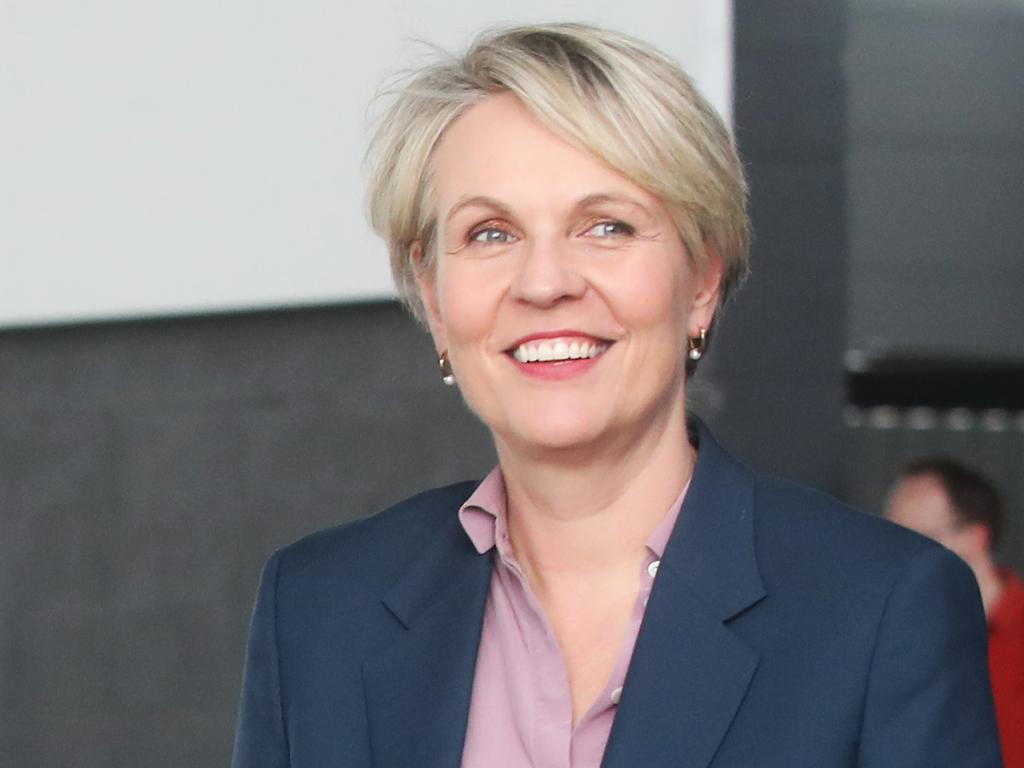



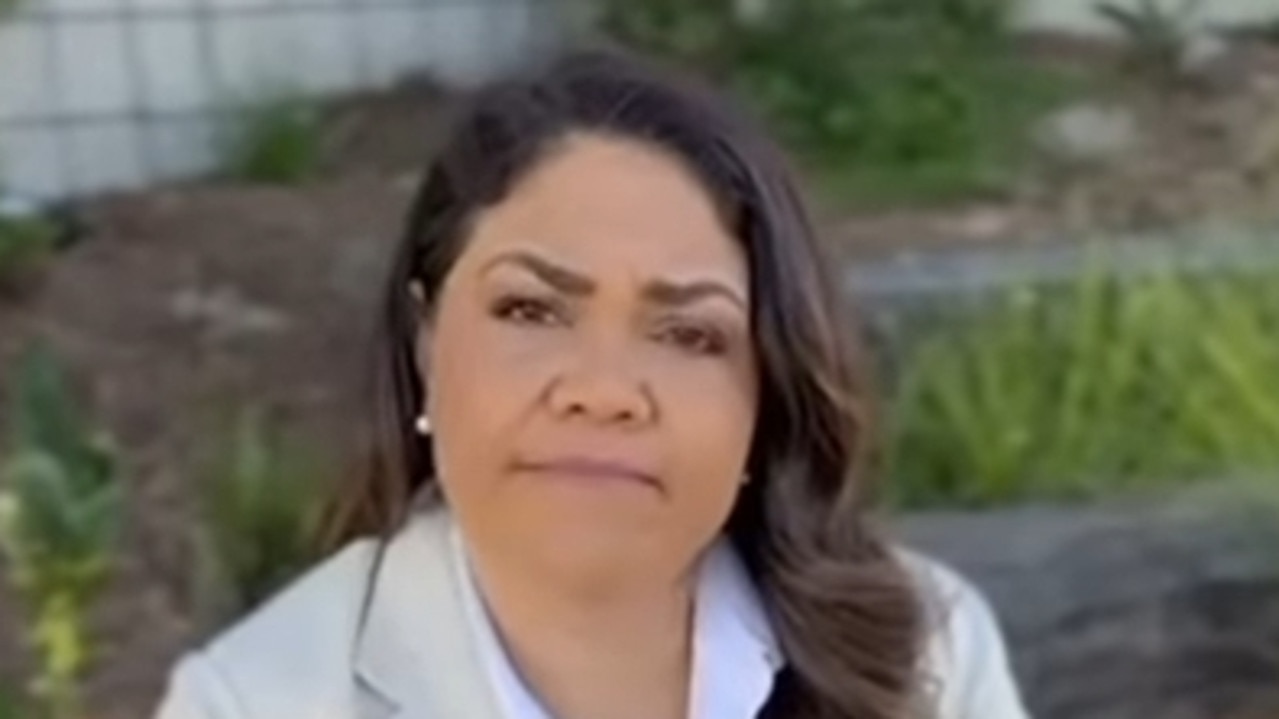
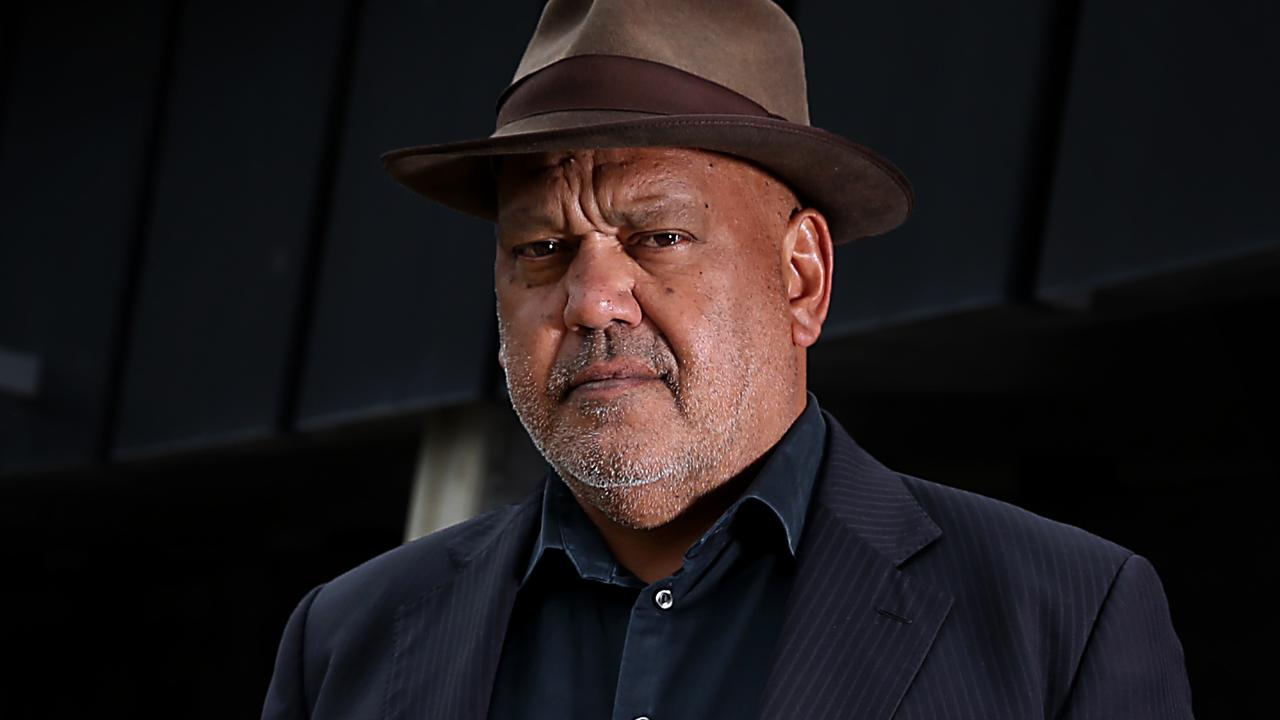
To join the conversation, please log in. Don't have an account? Register
Join the conversation, you are commenting as Logout